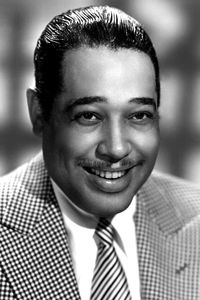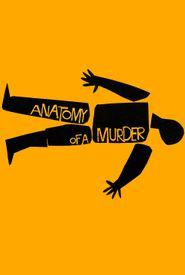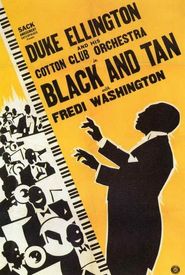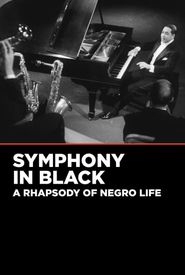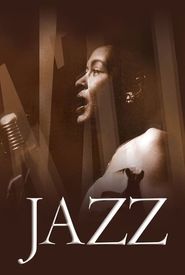Edward Kennedy "Duke" Ellington was a renowned American composer, pianist, and conductor. He was the first African American to be nominated for an Academy Award, and he won a Pulitzer Prize in 1999. Ellington led his own orchestra by 1918 and came to New York in 1923, where he appeared at the Cotton Club between 1927 and 1932.
Ellington made his first European tour in 1933 and continued to tour internationally throughout his career. He performed at Carnegie Hall annually between 1943 and 1950 and made a Middle East tour in 1963 under the auspices of the State Department.
As a composer, Ellington was prolific, creating over 1,000 pieces of music, including "It Don't Mean a Thing if It Ain't Got That Swing," "Sophisticated Lady," "Mood Indigo," "Solitude," "In a Mellotone," "Satin Doll," and many others. He collaborated with other notable musicians, including Billy Strayhorn, Irving Mills, and Johnny Hodges.
Ellington's stage scores include "Jump for Joy" and "Beggars Holiday," and he made numerous recordings throughout his career. He was a member of the American Society of Composers, Authors, and Publishers (ASCAP) and received an honorary music degree from Wilberforce University and an LHD from Milton College.
Ellington's legacy extends beyond his music, as he was a champion of civil rights and social justice. He was a vocal advocate for the rights of African Americans and women, and he used his platform to raise awareness about important social issues.
